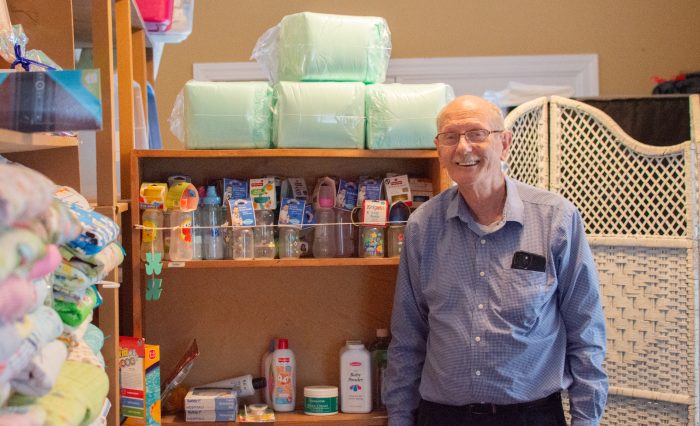811 number helps public determine where to dig
Published 12:00 am Saturday, July 21, 2007
Nationally, the phone code 811 is an attempt to simplify public safety in regard to digging, in much the same way 911 was created for emergencies.
The 811 number early this year replaced an 800 number that was previously used in Kentucky for residents to check for underground utilities before digging, said Troy Coleman, president of the Kentucky 811 board and a Bowling Green resident.
Trending
It’s important to have a number that’s easy to remember because it can be dangerous to strike underground electric or gas lines, he said. It can also cause a lot of issues for the public and utilities if water, telecommunications or other lines are cut.
A call to 811 goes into a call center in Louisville that determines where the caller wants to dig. The caller is told what utilities are in that area, and the center contacts all member utilities so they can mark their lines, Coleman said. Companies that aren’t members of the 811 system have to be contacted directly by the property owner or construction company planning to dig.
Using the 811 number is important enough that the Kentucky Public Service Commission has paid $65,000 for radio advertising to promote it, said Andrew Melnykovych, PSC spokesman.
“We encourage all utilities in Kentucky to participate in 811,” Melnykovych said.
Kentucky law, unlike some other states, does not mandate that all utility companies participate in 811, Coleman said. In Warren County, Warren Rural Electric Cooperative Corp. and the Warren County Water District do not participate.
Warren RECC believes it’s better to have one phone number within each county it serves. A customer can then call that number with any question or problem, said Gary Dillard, vice president of member services.
Trending
Most of the larger utilities do participate, Coleman said. Utilities that don’t wish to be part of 811 have to provide a 24-hour number for people to call to request their utilities be marked.
“The 811 number should be called at least 48 hours before digging and no more than 10 days before. Lines have to be remarked every 21 days,” he said. Utility companies have 48 hours of the call to mark the site, Coleman said.
Two local utilities that have recently signed on to participate in 811 are the Russellville Water Department and Russellville Sewer Department.
Wayne Thomas, utility and planning director for the city of Russellville, said the decision was made to be part of Kentucky 811 because it was the only area utility in Logan County that didn’t participate.
“People would call and begin digging and we wouldn’t find out anything until a neighbor called to report low water pressure or someone driving by called to say there was water on the surface,” he said.
The 811 number allows quick response to any call, Thomas said.
“Even after we mark, we still expect workers to spot dig so they will be able to see the line without damaging it,” he said.
Dillard said he did not have any numbers about lines that had been struck by companies that had called Kentucky 811, rather than WRECC. Most of WRECC’s underground lines are in new subdivisions.
There is no cost to the caller for using 811, and utilities do not have to pay to join Kentucky 811, Melnykovych said. But utilities pay processing fees to the call center for each call involving their company.
The cost depends upon the number of calls made for each agency, Thomas said.
“A lot of utilities were reluctant to participate before, but now they’re signing up,” he said.
It’s much cheaper to be part of Kentucky 811 than to replace lines or to try to get someone else to repair lines that were broken because they didn’t call the utility to have them marked, he said.
“It’s well worth it,” Thomas said.






